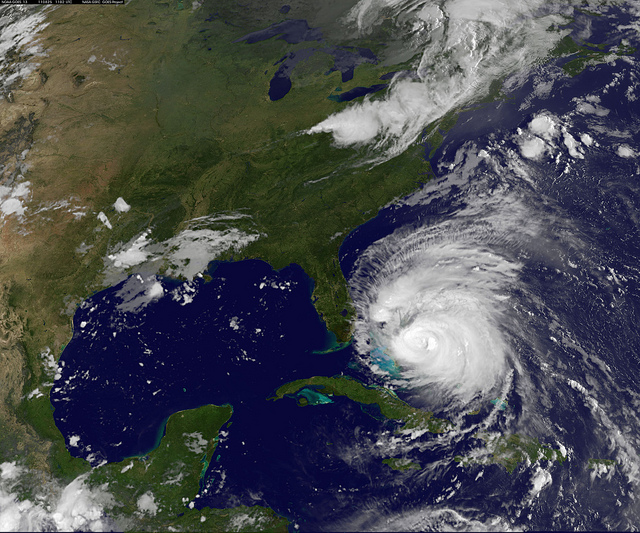Hurricane Irene Preparation Tips

As if experiencing an earthquake and aftershocks for the last several days was not enough, Hurricane Irene has an uncertain course for our area. Here in the Fredericksburg area, we had a preview of the storm this afternoon with heavy rain and high winds. If you are also in an area that may be affected by Hurricane Irene, a few emergency tips.
Evacuate, if you are directed to do so. If you are not asked to evacuate, assume that in the worst case, you will need to shelter in place without power, telephone or internet service for several days and that you may not be able to drive anywhere due to downed trees along the roads.
To the extent you can, prepare an emergency kit according to guidelines from sites like ready.gov or the American Red Cross. If these supply lists are too overwhelming for you, at a minimum, observe the following.
Make sure you have water, both for drinking and sanitation. If you can’t drain your home’s water heater for non-drinking water, fill a bathtub before the storm hits.
Fill your car with a full tank of gas before the storm hits.
Refill any prescriptions or purchase additional medical/personal supplies you routinely use (such as baby diapers and formula) to carry you through for a few days to a week in case of widespread storm damage or blocked access to roads.
Stop by the ATM to get some cash if you don’t have any emergency cash on hand.
Check to make sure you have at least one working flashlight.
Have some food ready to eat that does not require refrigeration. At a minimum, a few boxes of cereal and some powdered milk (to reconstitute with your water supply), honey, peanut butter and bread for sandwiches, granola bars, nuts, cookies, crackers, fruit snacks, boxed juices, beef jerky, etc. You may also want to check my list of grocery store emergency preparedness foods here.
In case of widespread power and telephone outages, have at least one way of hearing communication from the outside world. This most likely is a radio with batteries or a hand-cranked emergency radio. Your cell phone might work if the cell network is not overloaded and your cell phone battery is not depleted.
Let your family/friends know how you will communicate with them in the event of a communications outage lasting several days. If necessary, set up a telephone tree where you will call, email or text one designated person and ask them to spread the word on your behalf. A site like the American Red Cross’ Safe and Well program may be a good central check-in point. Note that during the recent earthquake, the cell phone network was very overloaded and it was hard to get calls through. FEMA has requested that during an emergency you text, email or use social networking instead of making calls on your cell phone during the height of the emergency so that the cell phone network is available to emergency personnel and people needing emergency assistance.
Charge your camera/videocamera batteries and clear off your memory cards so that you are ready to record your experience. (While you are at it, charge your cell phone and keep it on the charger until the power goes out to maximize your communications time.)
If you expect damage such as fallen trees, look up the number of a good tree-cutting service and/or your home insurance carrier for damage claims.
Try to minimize damage and danger by securing or storing any loose objects in your yard, like garbage cans or patio furniture.
Lastly, from my experiences so far, a lot of emergency situations tend to end up being a few hours of heart-attack inducing excitement and then a whole lot of boredom. After sitting for an hour without power, Internet or telephone access, many people get a little restless. Think of some ways to entertain yourself. If you have good light to work by, perhaps catch up on some reading or knitting, or play a board game. Otherwise, take a walk, do some exercise or get busy with some organizing or cleaning projects.
May Irene be kind to us all!
Have an Irene preparedness tip? Please share in the comments.
